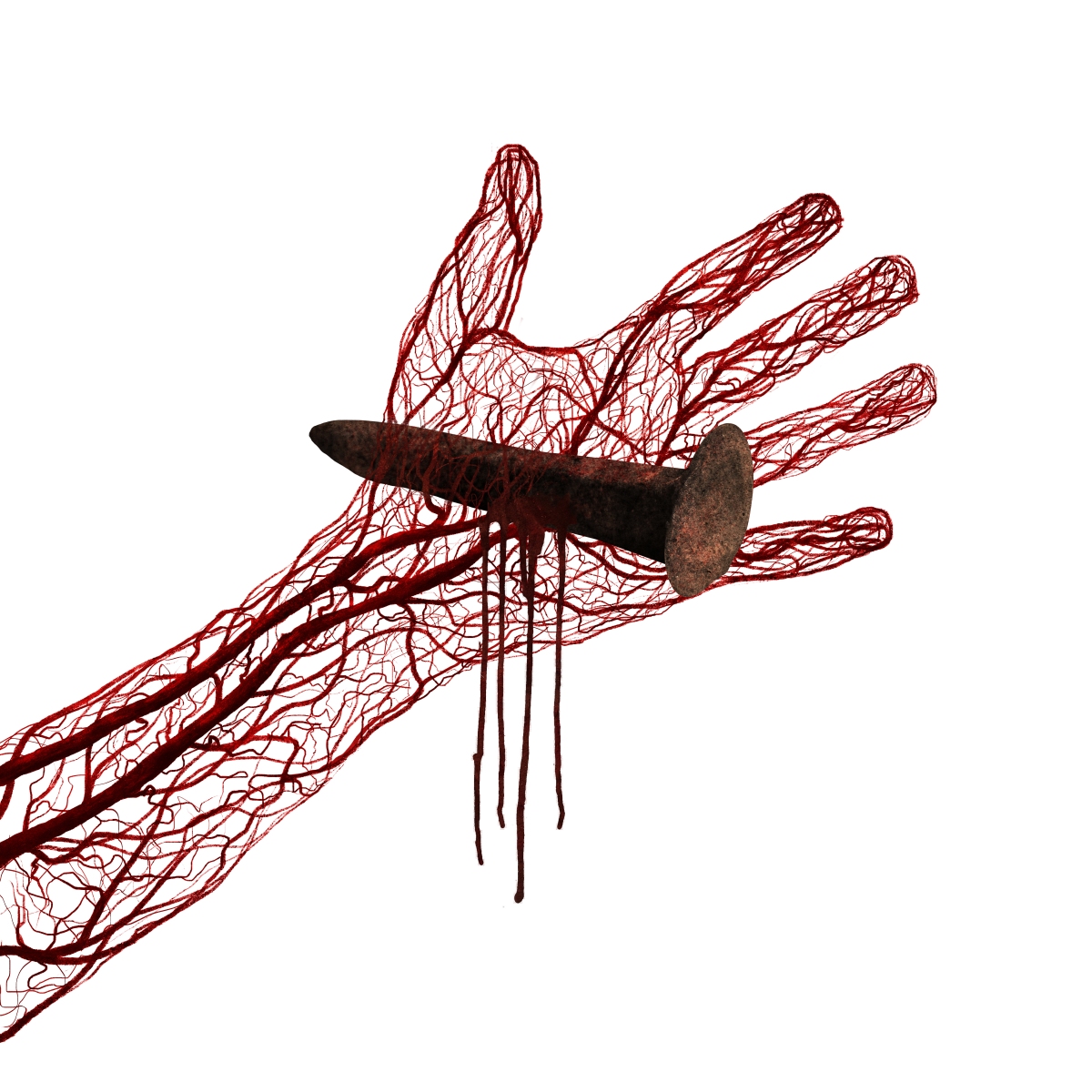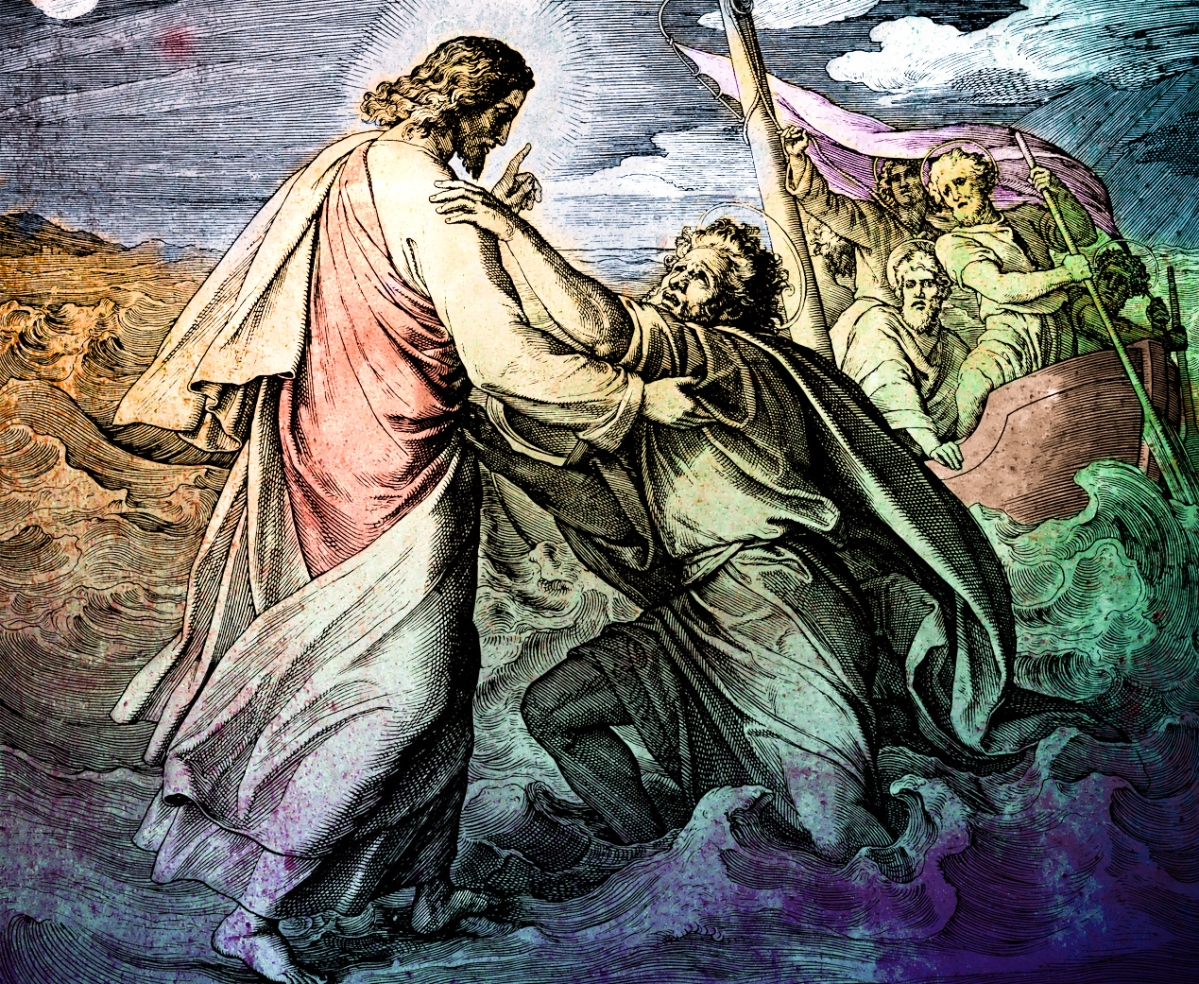The Lord said, “What have you done? Listen! Your brother’s blood cries out to me from the ground.” – Genesis 4:10
The scripture above comes from the passage describing the murder of Abel at the hands of his brother Cain. This might be one of the most famous stories of Scripture in the whole bible – I’d lump it alongside “In the beginning” and “For God so loved the world.” I don’t know why, really. Maybe we’re intrigued by murder (there’s a lot of that in the Bible). Maybe it’s betrayal (again: bunches more of that). Maybe it’s simply the story placement – this is about the time when well-meaning Bible readers start and then give up on finishing the text in its entirety. In any case, I’ve heard countless people rip off the quote, “am I my brother’s keeper?”
I’ve often wondered: what exactly did Cain’s blood say?
Admittedly, I’m an imaginative guy, but there’s something fantastic in the verse above that keeps me wondering. What did the Lord hear? What did Cain’s blood say? How did it speak? What’s the significance?
The “Oldest Defense in the Book”
Call me crazy, but I like true crime stories. I love putting my detective hat on and listening to podcasts that detail the ins and outs of true crime, all the while I’m trying the evidence in my own head and sussing out the case. I enjoy watching Dateline or similar true crime shows and putting myself in the mindset of the investigators and advocates for justice.
What’s fascinating to me about true crime is the universal plea of the victims and their families for the truth. In missing person cases, the refrain sounds out: “We just want him/her home, dead or alive.” In murders, it’s the same: “We just want justice for him/her.” In all cases it boils down to one common theme: “We just want to know the truth.” It’s viscerally powerful, utterly gut-wrenching. And – more often than not – victims don’t get answers. Criminals get tried and found guilty but never confess to the fullness of their crimes or never let the truth win out.
Maybe it’s my morbid curiosity in true crime that draws me to this passage. Cain is the first murderer ever tried and yet he employs the same defense that is pretty much always used by every other modern murderer when confronted with the truth: he pleads the fifth. If read like court notes, the exchange might sound something like this:
God: “Cain, where is your brother Abel?”
Cain: “I have no idea. What – you think it’s my job to keep track of him?”
God: [Full bad cop mode] “What did you do! The blood at the crime scene gives you away, buddy! You’re going away for a long, long time.”
Cain: “This isn’t fair! Everyone on Facebook is going to hate me now!”
I may have taken some creative liberties there. But the truth is still the truth: The blood of the innocent indicts the murderer.
The Blood We Shed
And isn’t it true that we, like Cain, are blood letters?
Back to my original question: what did Abel’s blood say? If you’ll permit me to guess, I’d say that Abel’s blood shouted: “Murderer.” “Liar.” “Sinner.” I’d like to think that God could hear the accusations loud and clear from the very earth that drank it up hungrily, just as greedily as Cain was willing to spill it. Except these pleas weren’t accusations; they were eye witness testimony.
We’re blood letters, quick to strike and shed blood in our own name. I see it day to day on social media where arguments rage and end in name calling and personal attacks that cause great harm to those who suffer them. I hear it in teenagers who are aping the behavior of the loudest talking heads of media – oh, yeah, and what they hear from the oval office – as they dig at each other in a constant battle to one-up each other. I see it grumbled about in broken relationships in pastoral counseling – friendships, families, and marriages.
I do it myself. That’s the hardest part to admit, especially when I reflect on the days or weeks or months and come to grips with patterns of petty blood-shedding in the way I love my wife or parent my daughter or relate to my family.
The Blood That Saves
If we’re honest, we can admit that we end up acting like Cain too often. It’s our nature to do so, I think, the sin nature we inherited since Pappy Adam and Gramma Eve set the tone so long enough. Cain was a bad older brother, one of history’s worst older brothers (there are some other bad ones in the bible like Amnon for example).
The good news is – we have a much better older brother than Cain. We’ve got adopted into the family of God by the work of our spiritual older bother, Jesus. Paul lays it out in Romans 8:1-17, a chunky but important passage of Scripture that punctuates this concept of our inheritance through the Holy Spirit. Romans 8:16-17 goes like this:
The Spirit himself testifies with our spirit that we are God’s children. Now if we are children, then we are heirs—heirs of God and co-heirs with Christ, if indeed we share in his sufferings in order that we may also share in his glory.
I think this is what the author of Hebrews had in mind in 12:24 when Jesus is credited as “the mediator of a new covenant” whose blood “speaks a better word than that of Abel.” By the blood of Jesus, the accusations of our guilt cease. “Murderer” is replaced by “New Life.” “Liar” is superseded by “Truth.” “Sinner” is traded for “Redeemed” and “Beloved” and “God’s Children.”
Don’t let the blood you’ve let speak louder than the blood you’ve been washed in.


